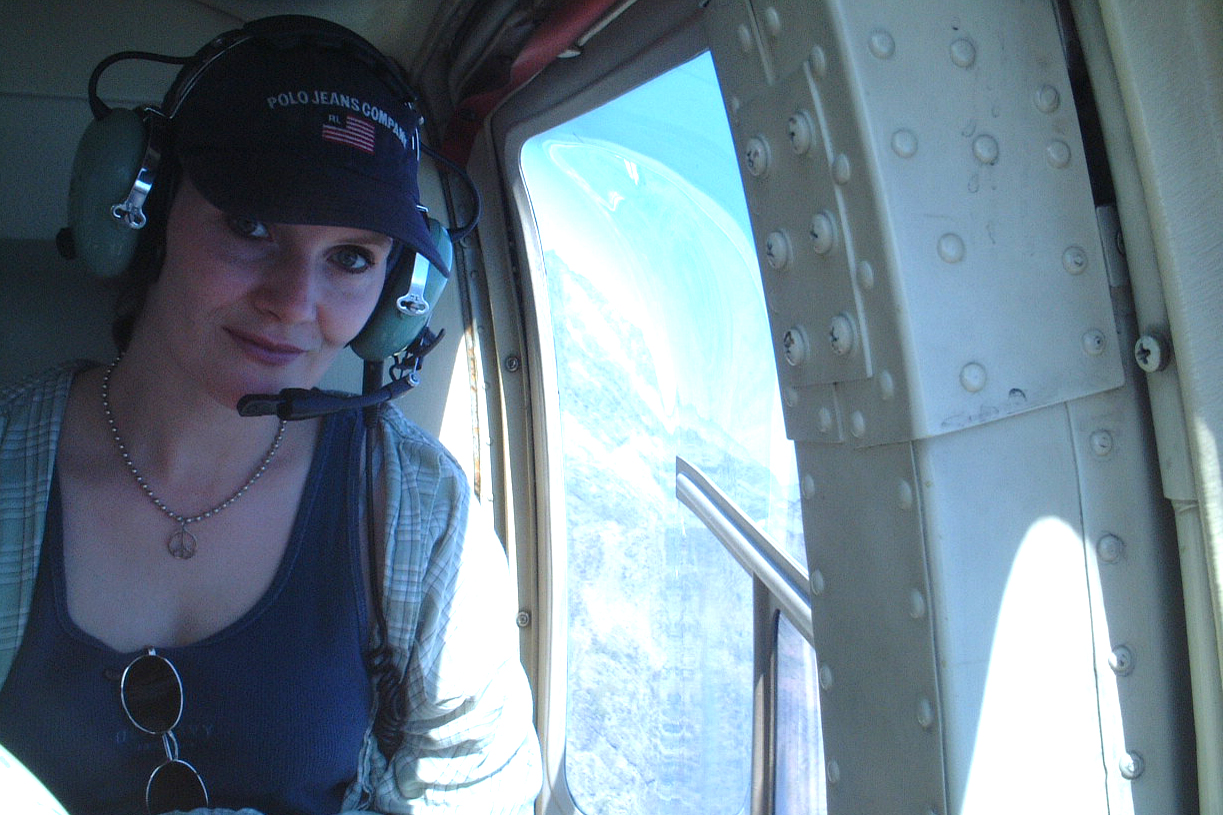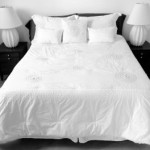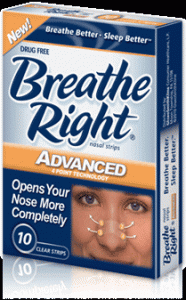by Catherine L. Tully
 Each one of us is different, therefore it would make sense that every one of us has their own unique habits when it comes to writing. Now I’m not talking about how you prefer to construct a sentence or what your favorite catch phrase is–I’m talking about work habits.
Each one of us is different, therefore it would make sense that every one of us has their own unique habits when it comes to writing. Now I’m not talking about how you prefer to construct a sentence or what your favorite catch phrase is–I’m talking about work habits.
Work habits are just as tailored to the individual’s taste as writing habits are. For example, most writers have a beverage of choice that they sip on throughout the day–or turn to for a little extra pep. I’ m a La Croix (sparkling water w/ a little flavor) gal, and sometimes I’ll do a coffee too.
Where you work is also one of those “work habit” things. I spend a lot of time writing on the leather couch with my pup at my side. Occasionally I will sit at my desk, and if it’s really nice out–I’ll go to the park for a while, just to get some fresh air. I admit to a fondness for working at Panera, and a general dislike for working at the library.
But that’s me.
What else? How about how long you like to work? I do best in long clumps of time with big chunks off in-between. For example, I’ll work for 4 hours straight, then do something else for 2 or 3. This continues over the weekend as well.
Interviews will bring other work habits to light. I still use a pen and paper for mine (unless I conduct them via e-mail), and although I’d love to put the person on speakerphone, it seems to slow me down.
Others? When I get blocked, physical exercise seems to push the ideas through, and when I’m tired, I simply have to nap–or I’ll fall asleep at the keys.
My techniques, I guarantee, won’t work for everyone. I’m sure there are writers out there who can slam a Red Bull and wake up–or that take a nap and wake up with all kinds of fresh ideas. We’re all different.
What do your work habits consist of? Anything stand out as quirky or unusual? We’d love to hear from you!


